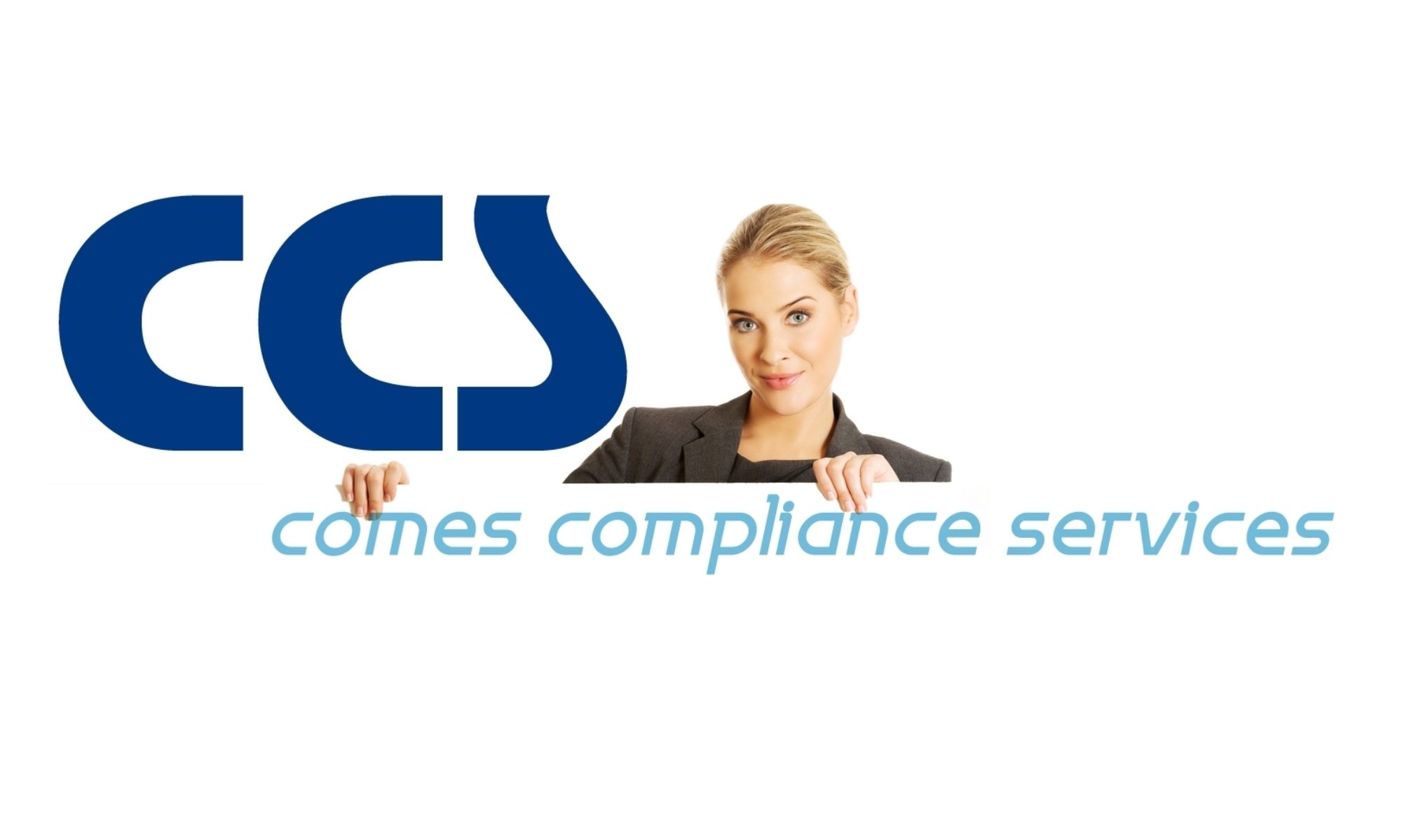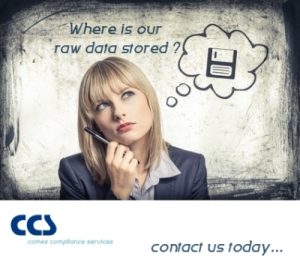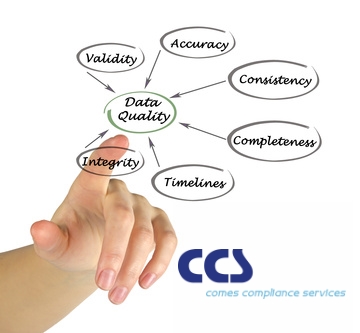In 2016 a lot of questions were asked about the good old Audit Trail and about the new topic of the so called “Audit Trail Review”. CCS has published a concept paper for an Audit Trail Specification and some considerations for the Audit Trail Review approach.
- What is an Audit Trail – in the GMP context of the PQS?
- What is the difference of a log and a GMP Data Audit Trail?
- What is an Audit Trail Review good for? How often? Why?
- What should be reviewed – function or data? What are the results – knowledge management?
- Detection of data manipulation? Data Audit Trail or Activity Trail required?
- Which data should be audit trailed and which one should be reviewed?
- What are CPPs, CQAs, system parameters and/or master data / meta data?
- How should a specification look like for a real GMP Data Audit Trail?
- Why is the reason for change so important for a real GMP Data Audit Trail?
- User roles and concept: Different types for the role Administrator?
- GMP documentation with instructions and records vs. electronic data?
- What is GMP critical data and knowledge management – on product and process level?
- Which roles should be audit trailed and when and if so, how?
- Is the Audit Trail Review executed manually or automatically?
You may find some answers or at least ideas for that in the free download provided by CCS below:
Download (revision 1): CCS_ Audit Trail Specification and Review_ 2017_rev1
Find more free Downloads at our: Download Page
Link – New Article: Who will review the Audit Trail Review?
Contact us for more information: mailto:talk@comes-services.com



